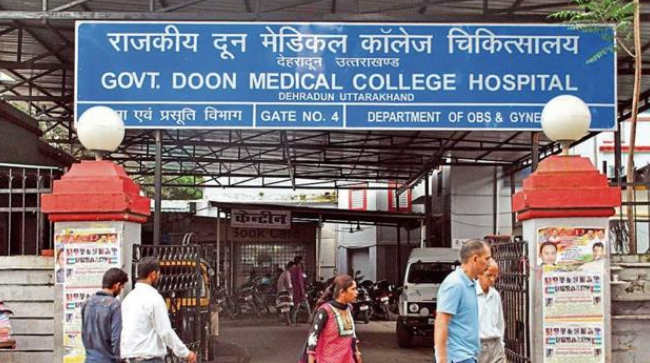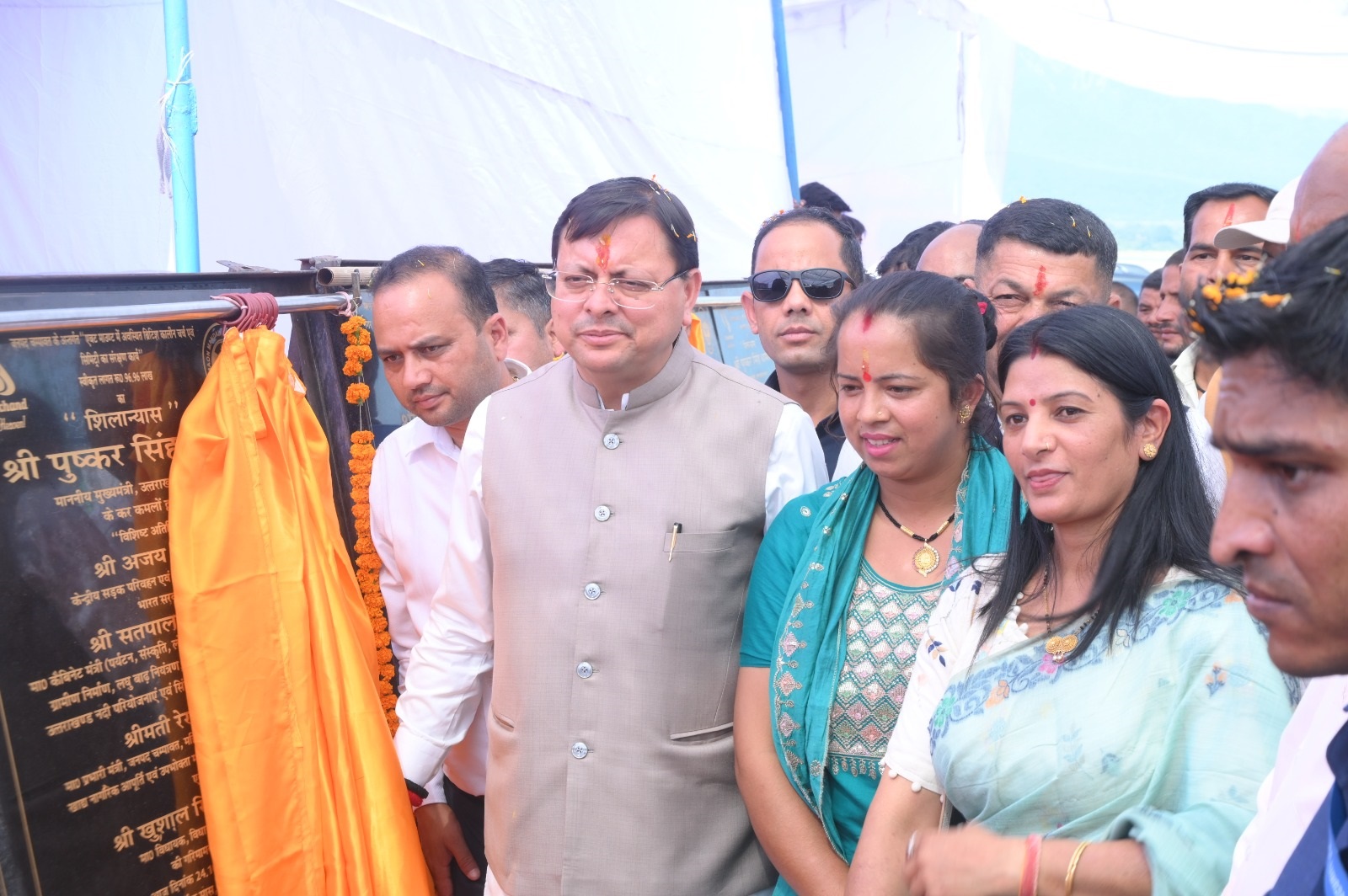The Ayushman Bharat and Golden Card schemes in Uttarakhand are facing a financial crunch, necessitating a budget increase to continue providing cashless and free medical treatment. The growing cost of free treatment under the Ayushman scheme has led to rising liabilities for hospitals, forcing many major healthcare institutions to limit or deny services due to pending payments.
In the current financial year, the Uttarakhand government has increased the Ayushman scheme budget by 25% to ₹500 crore, yet the total expenditure on free treatments has already exceeded ₹600 crore. Under this scheme, every state resident is entitled to free medical treatment up to ₹5 lakh.
Additionally, under the State Government Health Scheme (SGHS), government employees and pensioners receive cashless treatment via Golden Cards. Unlike Ayushman Bharat, this scheme has no fixed spending limit, as expenses are covered through employee and pensioner contributions. However, the expenditure has doubled compared to the collected contributions, leading to a financial strain.
Growing Liabilities in the Golden Card Scheme
The Golden Card scheme, launched in 2021, operates on a contribution-based model. Each month, employees and pensioners contribute around ₹120 crore, but the actual treatment costs have exceeded ₹200 crore. Since the government does not allocate a separate budget for this scheme, hospital liabilities have risen, nearing ₹100 crore.
To ensure the uninterrupted operation of these healthcare schemes, the government must allocate additional funds, allowing patients to continue receiving cashless and free treatment without disruption.



